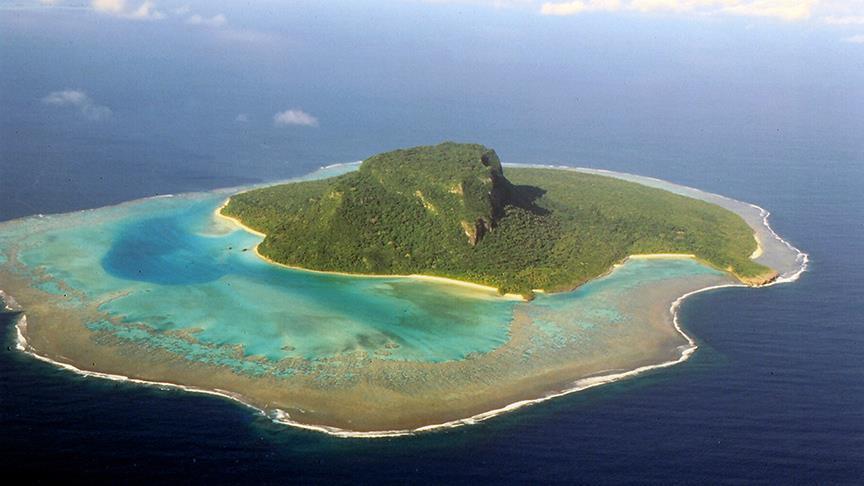The foreign minister of Vanuatu, a small nation in the South Pacific Ocean, plans to take on and sue the world's biggest fossil fuel companies for their actions and practices that propel climate change.
Vanuatu, with an estimated population of 270,000 registered in 2016 across 82 islands and an economy of around $700 million, is preparing to take on the multibillion oil, natural gas, coal industry and the governments that support them through judicial systems including international law.
Foreign Minister Ralph Regenvanu said in a statement that 90 corporations are responsible for extracting, producing and profiting from fossil fuels that contribute over two-thirds of greenhouse gas emissions in the world while generating over $80 billion in profits every year for themselves.
"There is a strong moral argument that these dirty energy revenues be used for the alleviation and avoidance of the suffering caused by climate impacts in developing countries," Regenvanu said in a video statement posted online for the Climate Vulnerable Forum Virtual Summit.
Regenvanu's motivation comes from the fact the island nation was hit by tropical Cyclone Pam in 2015, which wiped out 64.1 percent of its GDP, he told the forum.
He claimed that major energy companies have misrepresented and hidden the dangers of using fossil fuels with the support of their governments, and together they obstructed the necessary changes needed to minimize the negative impacts of climate change.
"Climate loss and damages ravaging Vanuatu will not go unchallenged ... Vanuatu is on the front lines of climate change and yet we have benefited least from the exploitation of fossil fuels that has caused it," said Regenvanu, and called for other nations to join his country.
Most small island nations like Maldives and Marshall Islands are the most vulnerable against climate change and global warming since they are isolated from the mainland with limited resources.
Vanuatu has 80 percent of its population living in rural villages with a tropical climate, and has very limited access to basic health needs.
Already vulnerable to rising sea levels and tropical storms, its inhabitants and economy could be wiped out in a major climate crisis.
Many countries in the world have agreed to limit global warming to between 1.5 and 2 Celsius under the Paris Climate Agreement, but no precedent has been set to date for a country taking on major energy companies.
A U.S. federal judge dismissed a lawsuit in July that was brought by New York City against five major oil companies in early January to British Petroleum, Chevron, ConocoPhillips, Exxon Mobil and Royal Dutch Shell. New York City tried to hold these firms accountable for their role in climate change.
John F. Keenan, the U.S. district court judge for the Southern District of New York dismissed the case by stating that the legislative and executive branches should determine the issue, rather than the judiciary.
By Ovunc Kutlu
Anadolu Agency
energy@aa.com.tr


